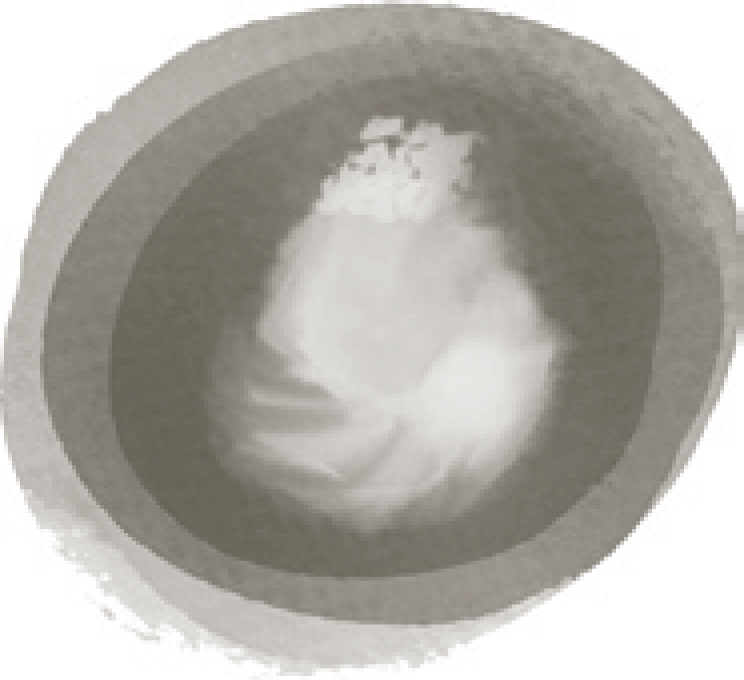
sipping on silence—life as a hermit
At a distance, the train whistles alongside the sacred Hudson River in New York City. The sun barely enters the narrow windows in the monastery where Capuchin Franciscan monks have faded into the walls. Austerity and simplicity scent the air. It’s the smell of hermits.
A hermit’s life in nature is ordinary magic. The rising mist hovers over the mountains. Raindrops hang off the tips of leaves. Humidity rises from the warm earth. The wide river shines. A sound from the deep woods goes silent. And yet the hermit doesn’t have to be tucked in a cave. They can slip into their own inner mountain. And they don’t have to wait to be enlightened. They’re there as soon as the sweet taste of silence touches their lips and they discover a deep hunger for peace or a yearning for the state of being unborn that was never forgotten. Hermits feast on morning dew until their eyes glisten and their bellies are full of sky. They stagger to the next place to sit, allowing the sun to come through their hands and the trees to breathe them. Finally, the heart flower opens along the river water that flows in their heads. Mountains move in the stillness while hermits let free one breath and then another. This is the magic that comes from sipping on silence.
There are bands of us, hermits that live in nature drunk on revelation. But we’re not addicted, because we can’t buy awareness or call for it when needed. We can’t control this state of being. It can’t be shaken off. When we finally see the width of the earth, a hall of meditation is no longer the only place for concentration. Life is a zendo.
It takes a lifetime to allow nature to take over, to make life’s activity surrendering to the earth from which we came and will return to. There’s so much stripping down to do. Afterward, there is loving the raw material that is left of us. We must get used to how it feels and looks.
The time comes when tightening what has fallen loose is a waste of energy. You let things fall and break at your feet. You become clear that stupidity is stupid. Doubt is living in reverse. Fear is a trickster. You have become a hermit without any effort.
Hermithood, as a state of mind, happens when a deep yearning for nature turns out to be a yearning for the self we left behind while earning a living, raising a family, or keeping pace. The disconnect becomes so severe that we are desperate to engage the source of life, to live close to the earth, to see it constantly, to smell and hear it. To taste a pine nut is to taste the pine tree. To listen to a leaf fall is an uninterrupted conversation with the earth. To dedicate twenty-four hours a day to listening is not a sacrifice for the hermit. Listening is the lifeline to the deepest peace possible. There’s never any time lost in a day spent listening. The perpetual and eternal sounds of nature—including the utterances of human beings—are the feast of life.
The train is arriving across the Hudson River for the third time. The old hallways of the monastery once filled with monks crawl with humans of the twenty-first century. Chatter and laughter bounce off high ceilings and fall again. Do I tell them I hear the old monks walking around and talking to each other at night? Do I tell them I’m a hermit too? That I stand right alongside everyone but I’m in my hut peeking out at them? That I’m waiting to speak from what I hear in the breeze? Thoughts from the last decade have gone stale on my tongue. I’m tired of the taste. Do I tell them my staring is because I am in awe of life?
I don’t say anything. I watch. Our skin colors complement the beige walls. Our intent compliments the mind and life of hermits. Our quest to know goes unsolved despite our research. Solving sends the mind down a rabbit hole while the heart waits for us to return. The darkness of night will cover the windows soon. Dreams mixed with desires will float above our beds.
In the morning birds will sing again. They must.